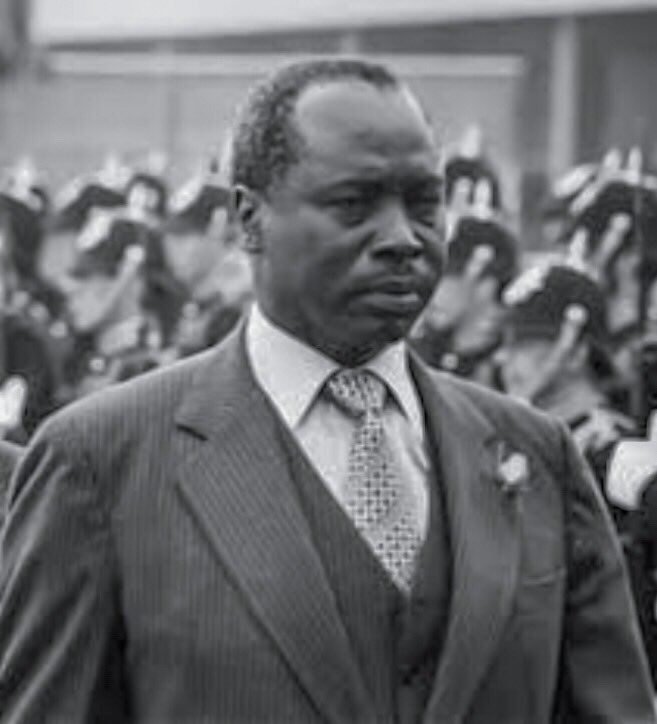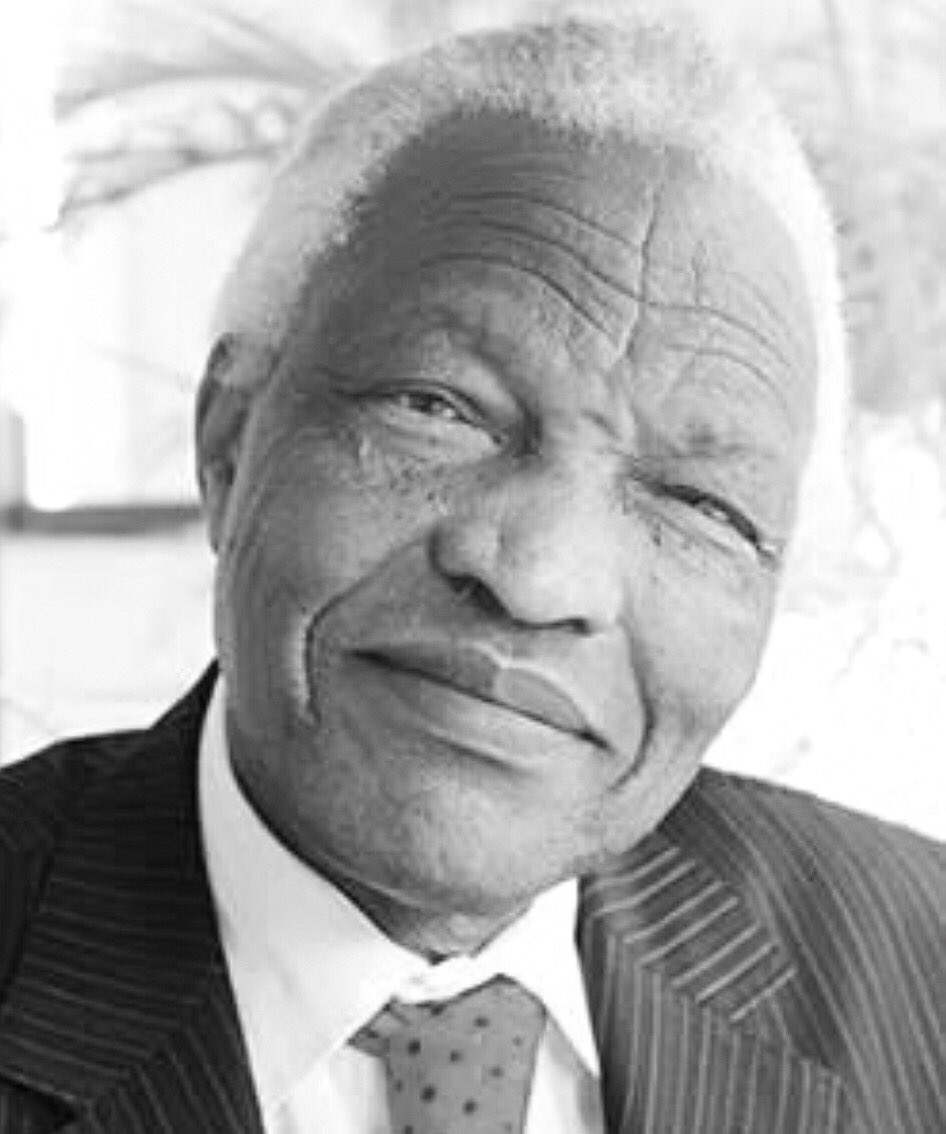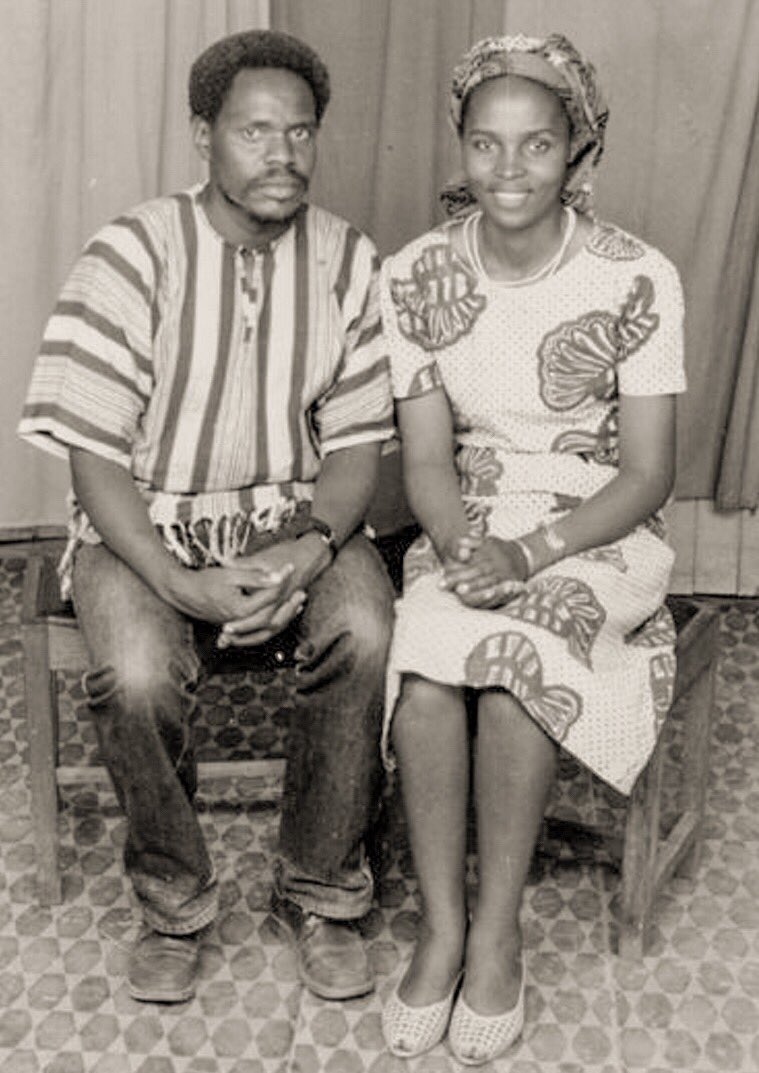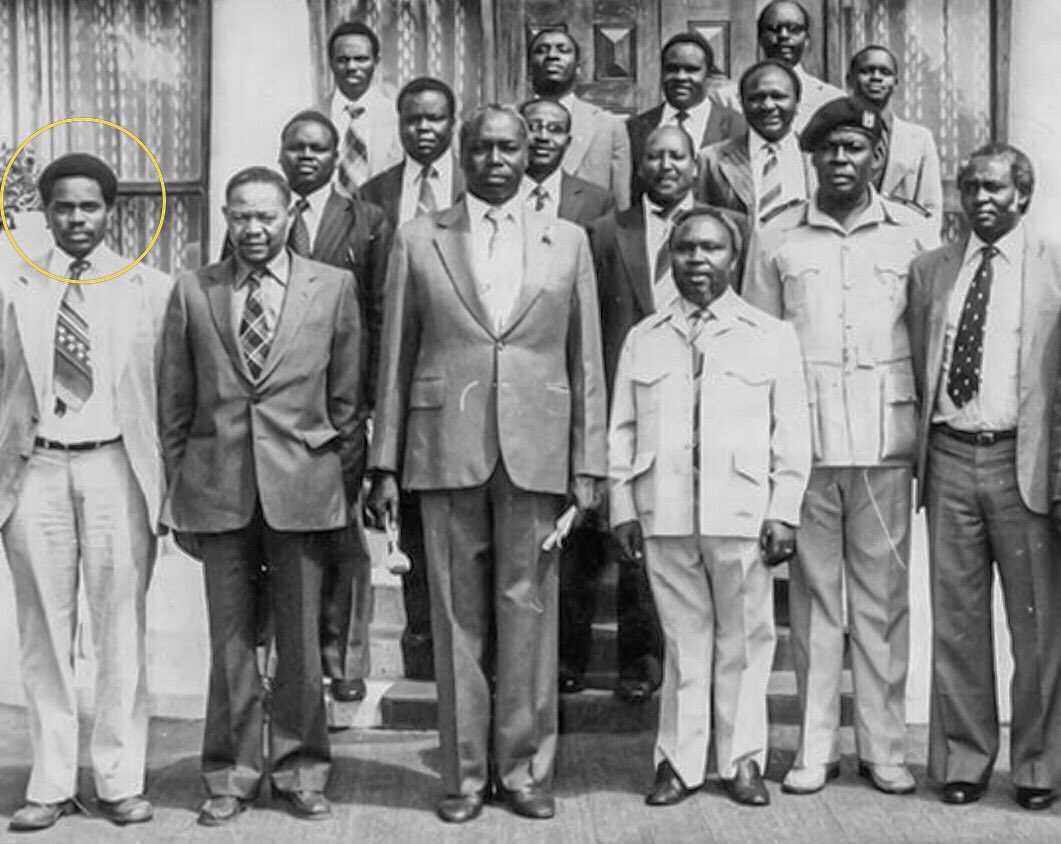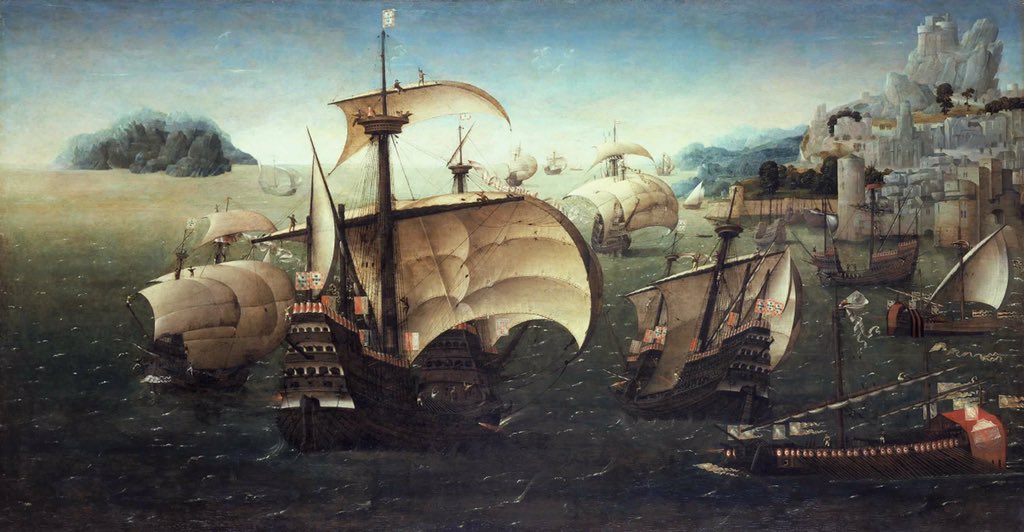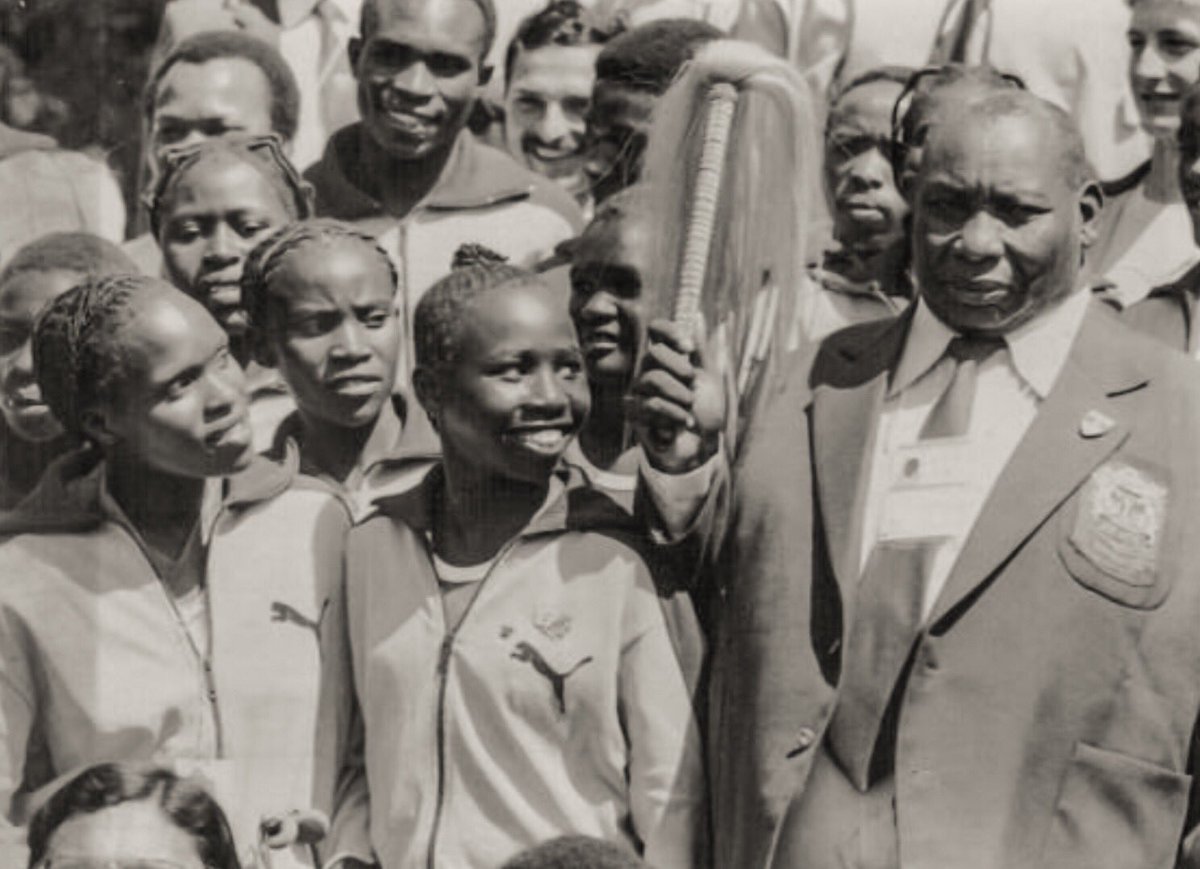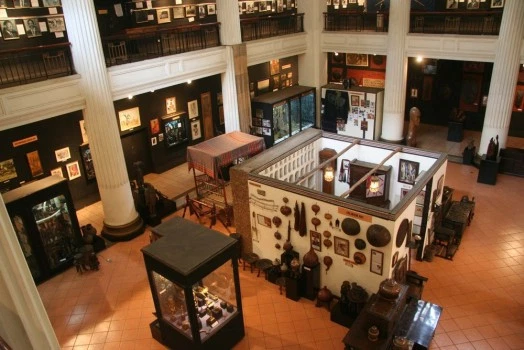In February of 1987, Kenya’s Environment Minister, Jeremiah Nyaga, was visiting Scandinavia.
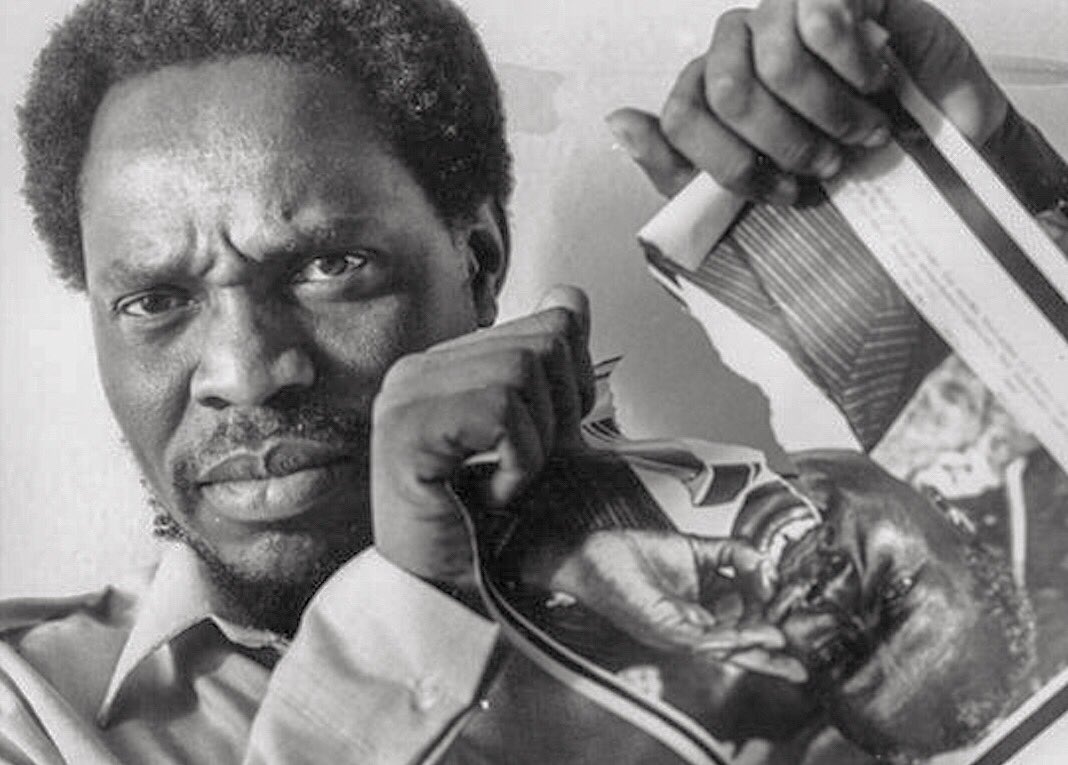
But Finland (and Romania) saw no problem. The two countries went on to roll out the red carpet for the Kenyan President.
“Do you know Bishop Byrum Makokha well”?
When Koigi a few days later visited London, he was met at his hotel by an officer from Scotland Yard.
“I came round to see you but you were not in. Yours, C. Ward”, the handwritten note read.
Shortly afterwards, he returned to Norway.
“They could be border security agents” was the reply from his friend.
When he came to, Koigi found himself in unfamiliar surroundings. He was naked and lying down in a filthy cell.
An officer walked up to his sprawled body.
In rallies, President Moi accused the Norwegian government of harboring a criminal who wanted to cause chaos and overthrow the “democratically elected government of the people of Kenya....”
